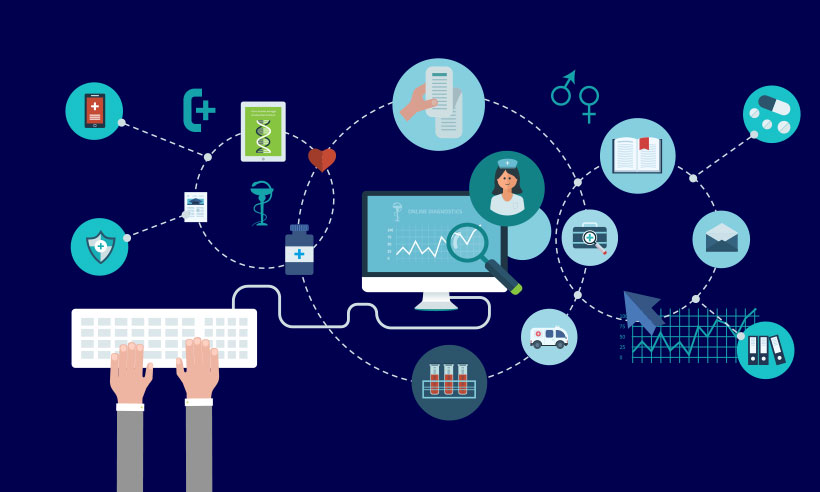Chances are, you aren’t getting your information technology masters degree with a career in healthcare in mind. However, information technology plays a vital role in the modern medical field. From tracking patients’ health history to providing up-to-date information on new treatments, information technology can help improve the quality and timeliness of medical care. In fact, there are a number of ways in which information technology can support medical treatment.
Information Technology in the Medical Field
For example, information technology can help keep track of patients’ medical information. This includes everything from their current health status to their medical history. By having this information readily available, healthcare providers can better assess and treat patients’ medical needs. IT can help healthcare providers to monitor patients’ prescription medications, identify potential drug interactions, access patients’ lab results, view patients’ vital signs, monitor patients’ health care expenses, and more.
Information technology can also help to improve communication between healthcare providers and patients. For example, by using electronic health records (EHRs), healthcare providers can quickly and easily access patients’ information, which can help to improve the quality of care that patients receive. Additionally, patients can also use EHRs to access their own medical information, which can help them to better understand their own health.
The healthcare system can also improve efficiency by embracing Information technology. For example, by using healthcare information systems (HIS), healthcare providers can more easily share information and coordinate care. Additionally, HIS can help to reduce the amount of paperwork that healthcare providers have to deal with.
Information technology can also help improve the accuracy and timeliness of medical care. For instance, by providing up-to-date information on new treatments, information technology can help healthcare providers keep pace with the latest medical advances. This can be especially important in cases where patients’ lives are at stake.
The field of information technology can also play an important role in research and development. For example, by collecting and analyzing data from patients, information technology can help researchers identify new patterns and trends in diseases. This can help improve our understanding of diseases and lead to the development of new treatments.
A Case Study: IT and GBS

Guillain Barre Syndrome (GBS) is a rare disorder that affects the nervous system. It causes muscle weakness, tingling sensations, and problems with balance and coordination. The exact cause of GBS is unknown, but it may be triggered by an infection or injury. There is no cure for GBS, but Guillain Barre Syndrome treatment can help relieve symptoms and improve quality of life.
The goals of treatment for GBS are to relieve symptoms, prevent complications, and restore function. Treatment may include rest, medications to relieve pain and inflammation, therapy to restore movement and strength, and in some cases surgery. In addition, patients may need support from family members or caregivers to ensure they get the care they need.
Information technology can play an important role in supporting medical treatment for GBS. For example, electronic health records can help track patients’ progress and ensure that all doctors involved in their care have up-to-date information. Remote monitoring systems can allow doctors to monitor patients’ vital signs from a distance, which can be helpful for patients who are unable to travel to the hospital. And mobile apps can provide helpful resources such as educational materials about GBS or appointment reminders.
Overall, information technology can support medical treatment in a number of ways, from tracking patients’ health history to providing up-to-date information on new treatments. By helping to keep track of patients’ medical information and making it available to healthcare providers when and where it is needed, information technology can improve the quality and timeliness of medical care.
DISCLAIMER : This and other personal blog posts are not reviewed, monitored or endorsed by Blogjab. The content is solely the view of the author and Blogjab is not responsible for the authenticity of content of this post in any way. Our curated content which is handpicked by our editorial team may be viewed here.






